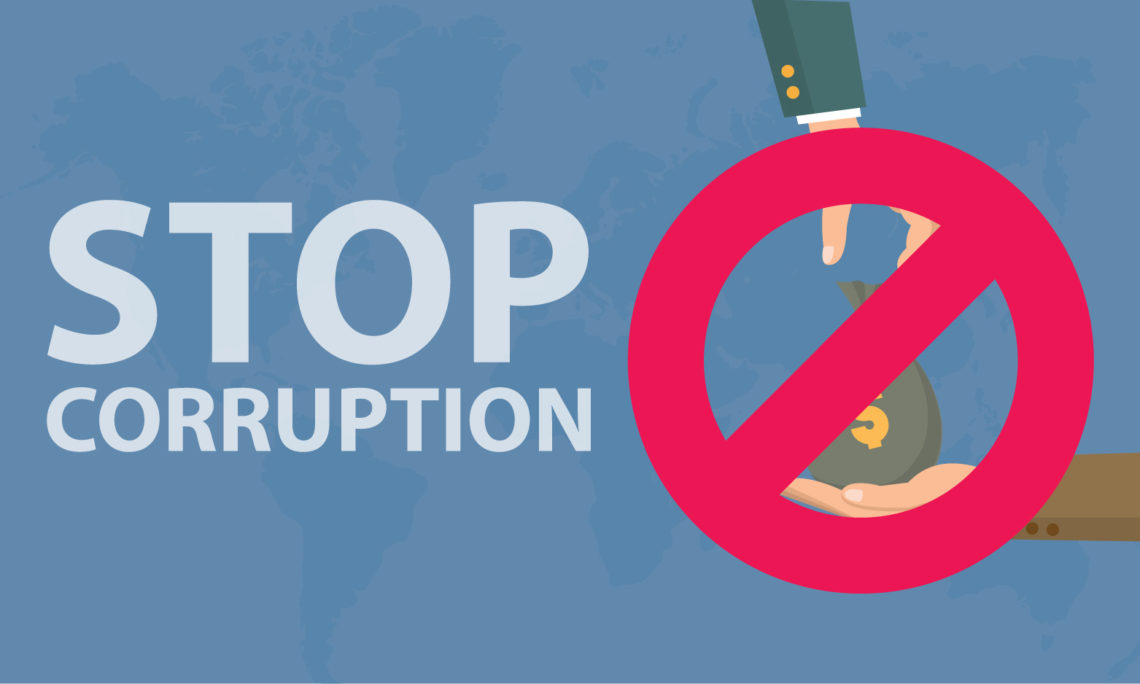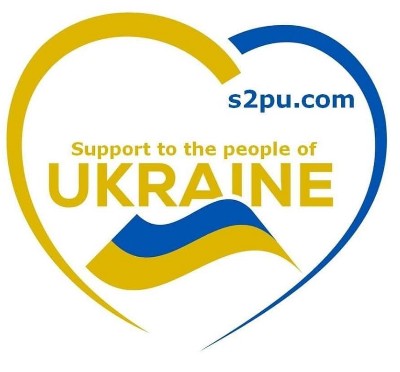 Ukraine's IT technology is at the forefront of the world in terms of knowledge and development. This technology must be used to a far greater extent in Ukraine's own business and public services. This will contribute in the fight against corruption.
Ukraine's IT technology is at the forefront of the world in terms of knowledge and development. This technology must be used to a far greater extent in Ukraine's own business and public services. This will contribute in the fight against corruption.
Ukraine’s transition and bad culture from a graft-ridden, post-Soviet hellhole to a normal European country is a long and bad road to go. Corruption may present a bigger obstacle on Ukraine’s path to Europe than even Russia’s depredations. The former Soviet republic has shared the 130th place of 180 with Sierra Leone, Iran, Myanmar and the Gambia in Transparency International’s corruption perception ranking in 2017. Graft is the biggest concern for international donors and creditors who have backed the country since the 2014 Revolution of Dignity.
According to 2018 estimates, Ukrainian IT sector is worth 3,6 billion dollars, while the country’s agriculture export reached 17,8 billion dollars.
Ukrainian politicians have regularly accused each other of corruption while claiming to fight it themselves. Indeed, even more than Venezuela, Ukraine has been the poster child for how politicians can mess up an economy.
Can technology improve how governments track and tackle corruption?
There is a broad role of ICTs to make a significant contribution to the fight against corruption. By facilitating the flow of information between government institutions, between government and citizens, as well as among citizens, new technologies can promote transparency, accountability and civic participation.
One of #s2pu recommendations is to use secure case management systems with audit trails and secure workspaces so investigators can trust these tools and that their work won’t be undermined or leaked.
Automation is playing an important contribution to reducing discretionary practices in tax collection. Taxpayers hoping to pay less and tax administrators hoping to earn more can easily lead to bribery and corruption in the tax office.
Agreeing an open data standard also reduces discussions on which information should be public and this being different in different countries. In Ukraine, implementing the standard has led to about 14% in savings so far.
The Program for ICT in Developing nations developed a list of the possible areas in which ICTs can help combat corruption.
- Automation : which can reduce the opportunities for corruption in repetitive operations.
- Transparency : which can help reduce the possibilities for corruption;
- Detection in operations : to identify anomalies, outliers and underperformance
- Preventive detection through monitoring of networks and individuals;
- Awareness raising to empower the public and inform it about its right to resist arbitrary treatment;
- Reporting : to create complaint channels that can lead to concrete action and help punish violations and close loopholes;
- Deterrence : by disseminating information about reported cases of corruption;
- Promoting ethical attitudes through public engagement and online discussions.
More information: Open government and the use of ict to reduce corruption risks

Comments powered by CComment